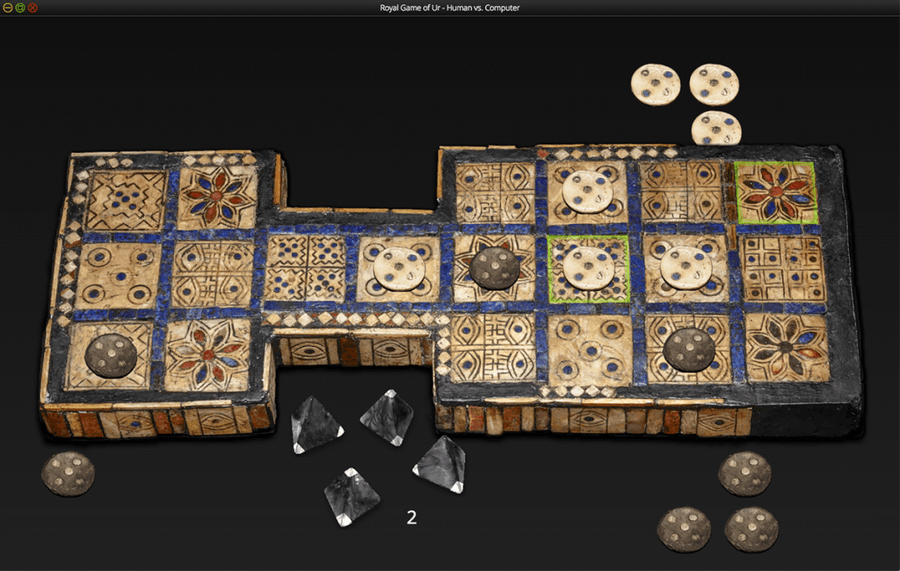The Royal Game Of Ur
- Also known as Twenty Squares, this 4500-year-old game, first unearthed in ancient Mesopotamia, is impressive in its complex rules and intricate design.
- The beautiful game board uses twenty squares and has a narrow bridge in the middle part, was played in Iraq, Israel, Egypt, Turkey and many other ancient civilizations.
- To finish the game as winners, players had to race their opponent to the opposite end of the board, moving pieces according to knucklebone dice rolls.
122
463 reads
CURATED FROM
IDEAS CURATED BY
The idea is part of this collection:
Learn more about personaldevelopment with this collection
How to strengthen your willpower
How to overcome temptation and distractions
The role of motivation in willpower
Related collections
Similar ideas to The Royal Game Of Ur
The Game Of The Goose
- This game of pure chance was one of the earliest commercially made board games.
- First referenced in Spain back in the 16th century, the game had beautiful themes, along with colourful illustrations and designs.
- The players had to roll the dice and send their respective p...
The Game of Mehen
- Named after the Egyptian serpentine deity, Mehen is also known as the Egyptian Snake Game and was played between 3100 to 2300 BC.
- Six players could simultaneously play this spiral board, each having a piece crafted in the shape of a lion or a sphere.
- The ...
Read & Learn
20x Faster
without
deepstash
with
deepstash
with
deepstash
Personalized microlearning
—
100+ Learning Journeys
—
Access to 200,000+ ideas
—
Access to the mobile app
—
Unlimited idea saving
—
—
Unlimited history
—
—
Unlimited listening to ideas
—
—
Downloading & offline access
—
—
Supercharge your mind with one idea per day
Enter your email and spend 1 minute every day to learn something new.
I agree to receive email updates

